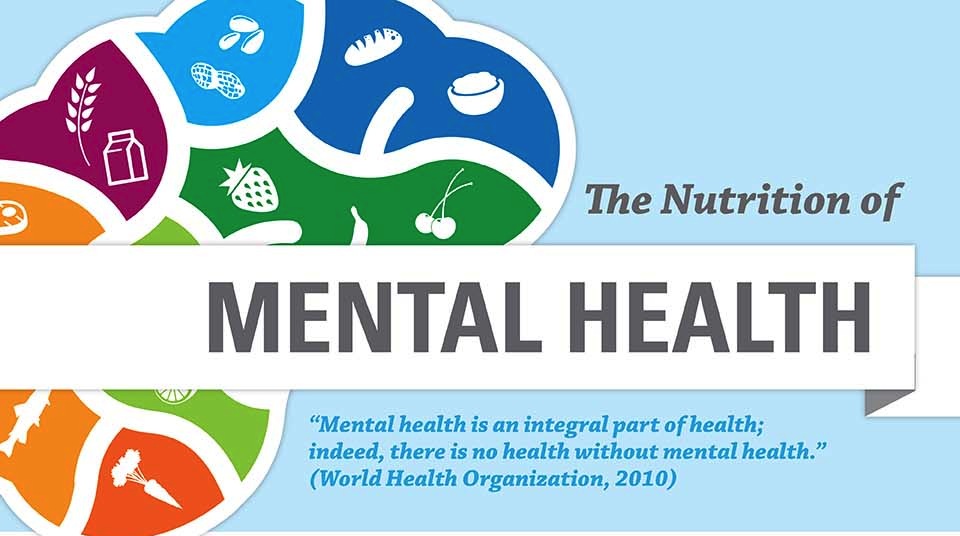Nutrition And Mental Health Research
Saturday, February 1, 2025
Edit

The Link Between Nutrition and Mental Health
The Physical and Mental Benefits of Eating Healthy
Eating healthy is beneficial for both the body and mind. Many studies have shown that the foods we eat have an impact on our physical and mental health. Eating a nutritious and balanced diet can improve mental health, reduce the risk of depression, and even increase cognitive performance.
Nutrition plays an important role in the functioning of the brain, as it can influence mood, behavior, and mental health. Eating a diet that is rich in fruits, vegetables, whole grains, lean proteins, healthy fats, and dairy products can help promote a healthy brain. Additionally, foods that are high in antioxidants, vitamins, and minerals can help protect the brain from damage.
The Impact of Poor Nutrition on Mental Health
On the other hand, poor nutrition can have a negative impact on mental health. Eating a diet that is high in processed and sugary foods can increase the risk of depression and other mental illnesses. Studies have also found that diets that are poor in fruits, vegetables, and whole grains can lead to an increased risk of depression. Additionally, eating unhealthy foods can lead to feelings of guilt and shame, which can further contribute to mental health issues.
The Role of Nutrition in Mental Health Treatment
Nutrition can also play an important role in the treatment of mental health conditions. Eating a well-balanced diet can help reduce symptoms of depression, anxiety, and stress. Additionally, eating a diet rich in omega-3 fatty acids can help to reduce inflammation and improve cognitive function. Vitamins and minerals, such as Vitamin D and zinc, can also help to improve mood and reduce symptoms of mental illness.
Tips for Eating a Nutritionally Balanced Diet
Eating a nutritionally balanced diet can be beneficial for both physical and mental health. Here are a few tips to help you achieve a balanced diet:
-Make sure to include a variety of fruits, vegetables, whole grains, lean proteins, healthy fats, and dairy products in your diet.
-Limit your intake of processed and sugary foods.
-Eat meals that are rich in omega-3 fatty acids, such as salmon, tuna, and walnuts.
-Include foods that are high in vitamins and minerals, such as leafy greens and fortified cereals.
-Drink plenty of water throughout the day.
The Benefits of Exercise on Mental Health
Exercise is another important factor when it comes to mental health. Regular physical activity can reduce stress and anxiety, improve mood, and even help to reduce symptoms of depression. Exercise can also help to improve cognitive function and reduce the risk of mental illness.
Conclusion
Nutrition and exercise are both important for maintaining mental health. Eating a nutritious and balanced diet can improve mental health and reduce the risk of mental illness. Additionally, regular physical activity can help to reduce stress and anxiety, and even improve cognitive function. Taking care of your physical and mental health is essential for overall wellbeing.
Nutrition and Mental Illness | Book by Carl C. Pfeiffer | Official

Nutrisystem Pros and Cons - HRF

The Nutrition Of Mental Health - 46 Health Infographics That You Wish

Consuming Joy: How to regain balance and mental health through

(PDF) Nutrition and Mental Health

Pin on Mental Health, Awareness & Inspiration!

Quickstart Guide to Nutrition for Mental Health Month - YouTube

Good Food, Good Mood - JMU

Mental Nutrition by Conscious Coaching | Coaching, Nutrition, Infographic

Nutrition of Mental Health. #mentalhealth #infographic www
